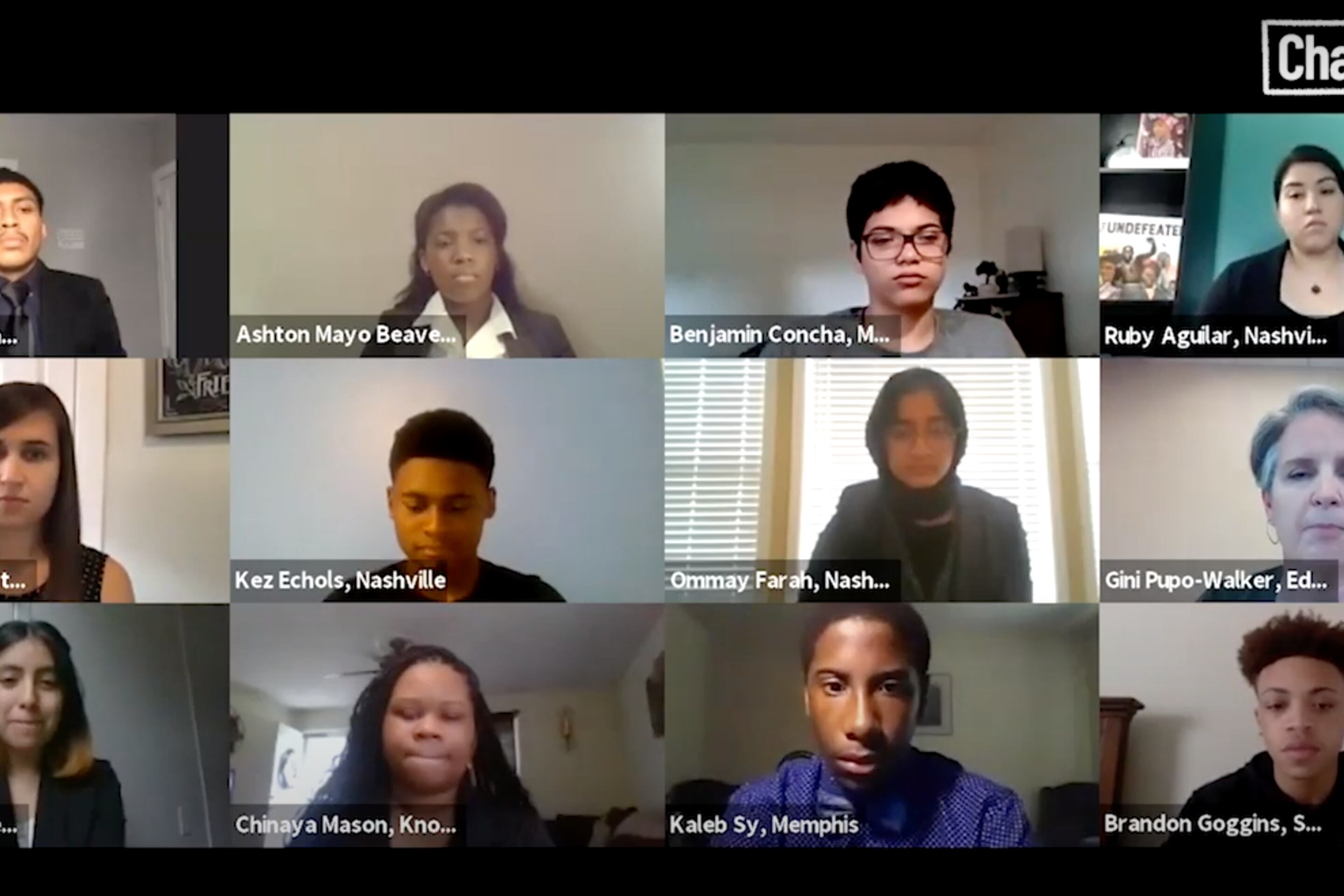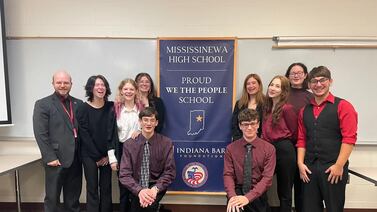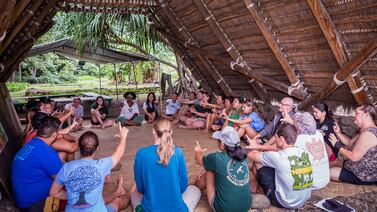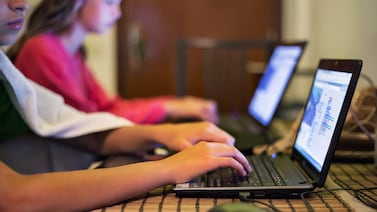Ambitious. Uncertain. Hopeful. Anxious. Woke. Confused.
That’s what middle and high school students across the state said they were feeling during a panel discussion last week hosted by Chalkbeat Tennessee and the Education Trust in Tennessee.
In a two-part virtual event series, 14 students ranging in age from middle school to college spoke to how the coronavirus has affected and impeded their learning this year. They also offered suggestions for parents, teachers, and community leaders on how to support young people during this time and into the coming school year.
The state’s largest school district, Shelby County Schools, was among the first five districts to close in early March. Tennessee’s remaining 142 school systems followed suit as the coronavirus pandemic spread, and Gov. Bill Lee urged districts to close for the rest of the academic year. This leaves students with an unprecedented break from school buildings – most students will miss up to 19 consecutive weeks of in-person instruction once summer break is factored in.
The students’ experiences showcased the vast range of approaches to remote learning that districts have taken.
Johanna Olvera, a panelist and high school senior, said her school in Memphis was able to quickly start online learning, though it was challenging to balance virtual classes and family responsibilities such as caring for siblings.
While Benjamin Concha, an eighth-grader who attends school in Morristown, said his teacher had only contacted him once since school buildings shut down. “My learning environment is only my mom and my dad pushing me,” Benjamin told the virtual crowd of more than 130 people who attended the event.
During both panels, students all called for an abundance of empathy from teachers and professors now and into the new school year. They asked for more academic and emotional support and for schools to share plans now on how to catch up students who are missing key instruction.
“I think a common misinterpretation of students is we’re dwelling in this what if, like what if coronavirus hadn’t happened,” said panelist Ashton Mayo-Beavers, a 12th-grader in Chattanooga. “And while we are thinking about that, we really want to move forward… How are we going to bridge this gap in our education that we’ve lost?”
For more from these students, watch our panels in full below.
Hear from middle and high school students:
Hear from college students:
Bureau chief Jacinthia Jones contributed to this report.








